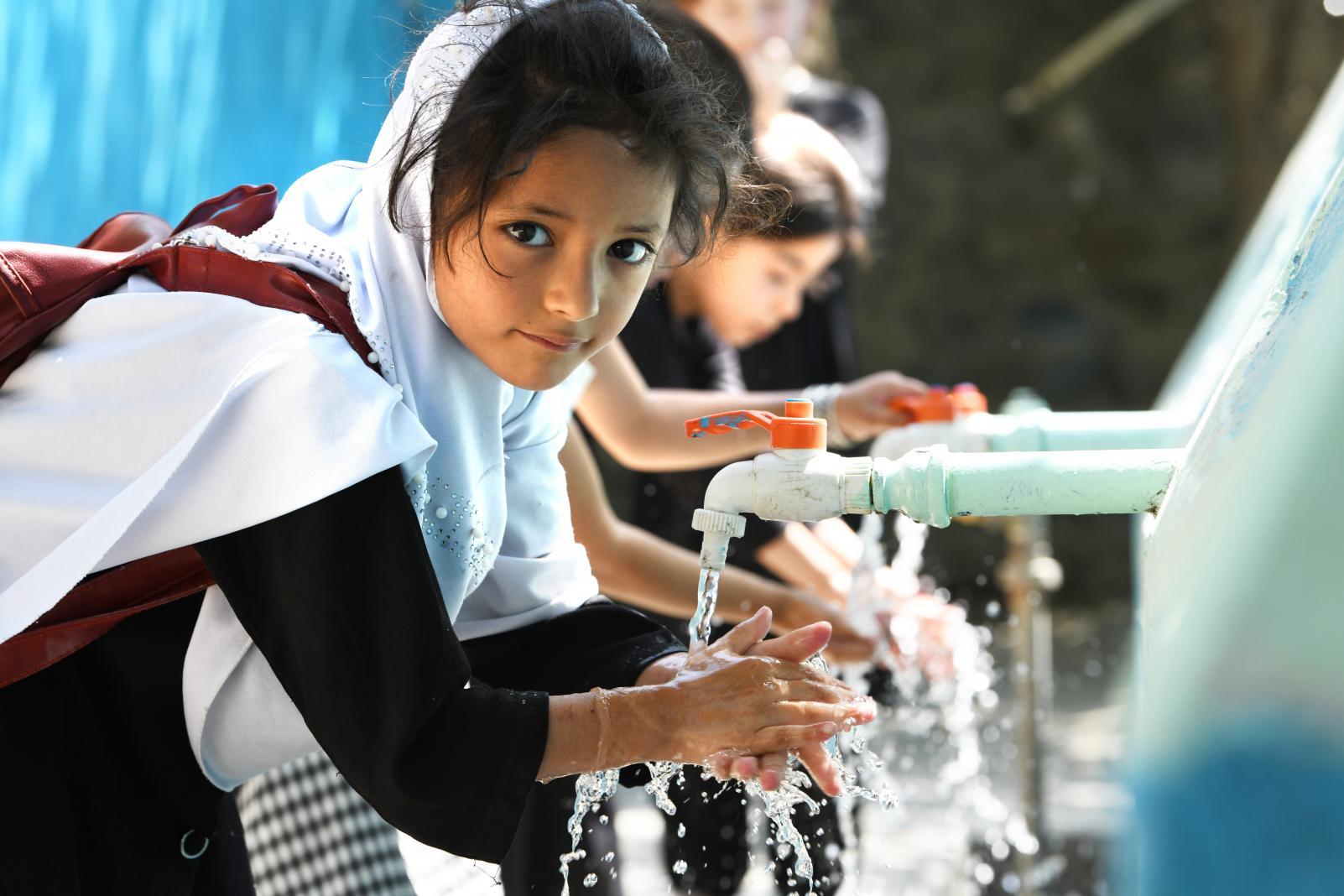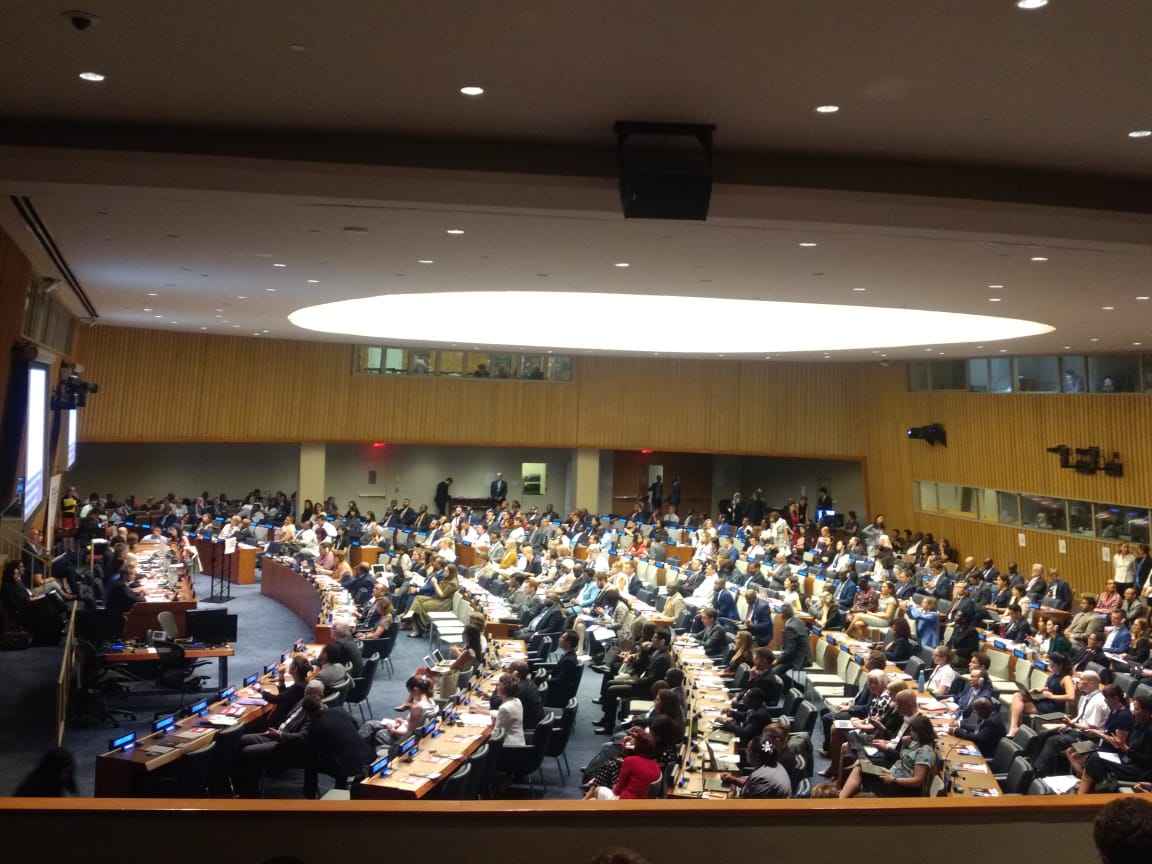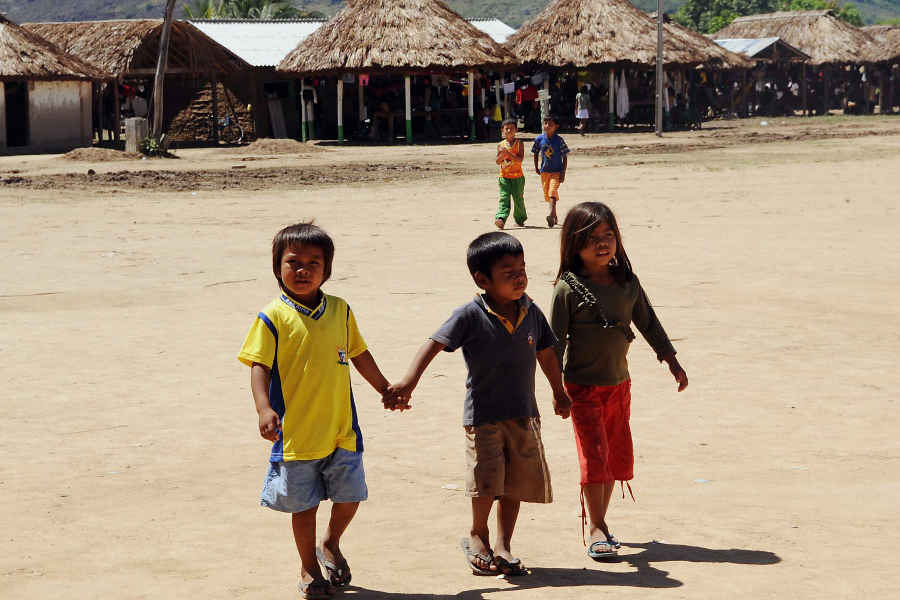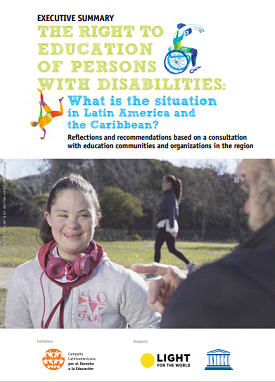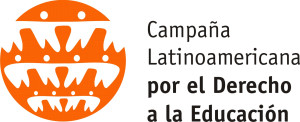Inclusive education and no discrimination
In Latin America and the Caribbean, one of the main obstacles for the full realization of the human right to education is the systematic and historical discrimination suffered by the people and groups inside and outside education systems. In the region, the huge challenge is the fulfillment of this right for low-income people, girls and women, lesbian, gay, bisexual, transgender and intersex people, indigenous peoples and Afro-descendants, persons with disabilities, migrants, refugees, youth and adults, people deprived of their liberty or living in rural or marginal areas.
We understand that the realization of the human right to education is essentially a matter of promoting, acknowledging and teaching about human rights in education systems, as well as non discrimination, the promotion of a culture of peace and nonviolence, democratic coexistence and citizenship.
In this sense, CLADE’s actions have aimed at raising awareness of inequality, discrimination, racism and sexism inside and outside education systems, underscoring the urgency of overcoming these issues; at the same time, CLADE has advocated for the achievement of inclusive education in Latin America and the Caribbean and has contributed to follow up policies, practices, laws, judgments, studies and context data, addressing the progress and challenges in this field.
Based on collective knowledge production and follow-up of State’s responsibility to guarantee the human right to education, CLADE coordinates the Regional Inclusive Education Observatory (OREI, by its Spanish acronym). This initiative kicked off in 2014, in partnership with OREALC/UNESCO Santiago, IIEP-UNESCO Buenos Aires, UNICEF, ECLAC, IBE-UNESCO Geneve and the Organization of Ibero-American States (OEI, by its Spanish acronym).
